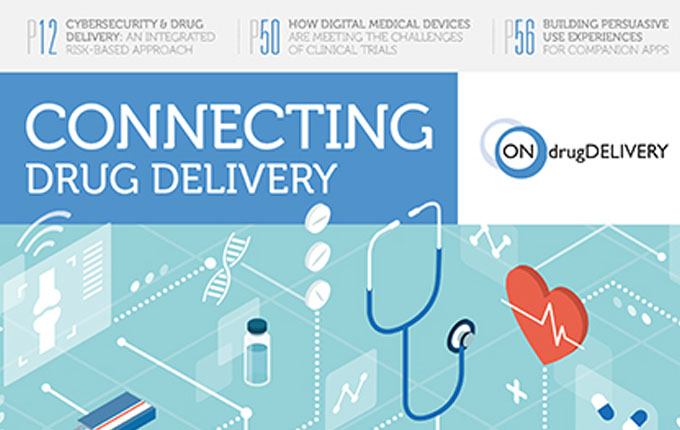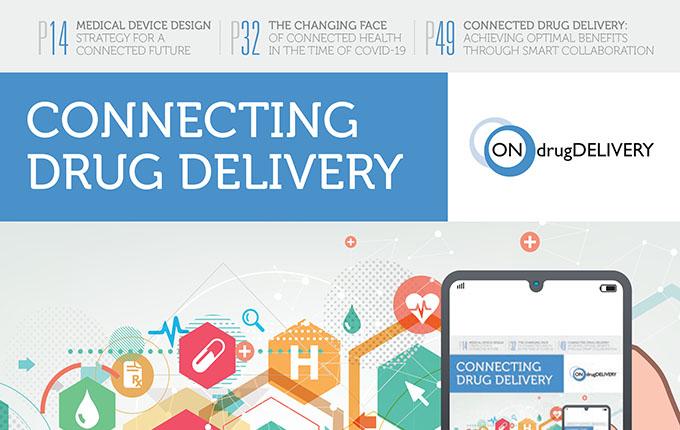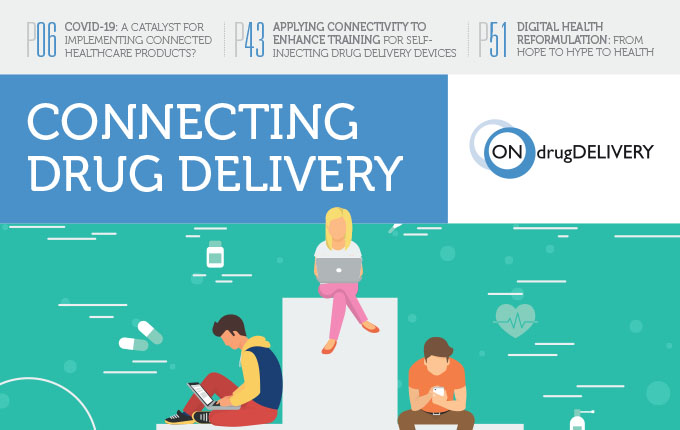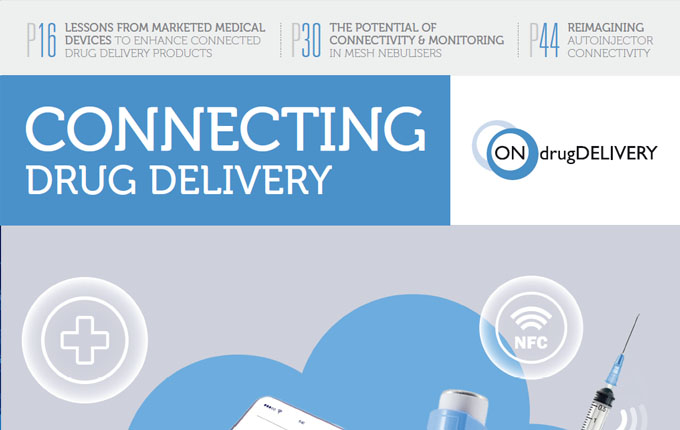To address these challenges, a patient-centric approach that integrates digital technologies with immunotherapy is needed. Digital tools can help patients self-manage their treatment by providing education and guided decision-making support, ultimately improving the effectiveness of immuno-oncology and enhancing clinical outcomes and quality of life.
Immunotherapies are highly targeted treatments that activate the immune system to specifically target cancer cells. They are often combined with other treatments such as surgery, radiation, chemotherapy, and targeted therapies. These therapies have demonstrated effectiveness in treating certain types of cancer, reducing the risk of relapse, and adapting to changes in cancer cells, leading to long-lasting effects.
Self-administration of immunotherapies is crucial for patient convenience and reducing the burden of hospital visits. However, these therapies require careful administration and storage considerations. Digital health tools can provide guidance and training on self-administration techniques and ensure proper storage conditions. Additionally, immunotherapies can result in unpredictable side effects due to the individual response of the immune system. Digital tools can help patients monitor and manage side effects, while also facilitating communication with care teams.
Developing purpose-built digital health solutions for immuno-oncology requires a multidisciplinary approach involving clinical, technical, pharmaceutical, medical device, and regulatory stakeholders. Patient input should be gathered throughout the design and development processes to ensure user-centered solutions. These digital tools should provide trustworthy content, self-administration guidance, self-management capabilities, bi-directional information sharing with care teams, and decision support for patients.
Digital health solutions in immuno-oncology aim to empower and support patients throughout their care journey. By providing access to reliable resources, enabling self-management, and facilitating communication with care teams, these tools improve patient education, support, and empowerment.
With the increasing use of immunotherapies, the development of purpose-built digital health solutions becomes even more crucial. Such solutions should meet the needs of both patients and healthcare providers, ensuring usability, efficacy, and security. Designing inclusive products that accommodate patients with limited vision or dexterity is essential. Striking a balance in sharing information with care teams is also important, avoiding information overload while keeping them informed about patients’ progress.
By integrating digital health solutions with immunotherapy, the industry can further enhance clinical outcomes, quality of life, and the overall efficacy of immuno-oncology. It is crucial to involve all stakeholders from the beginning of the product development process and follow best practices to create user-centered and effective solutions that benefit all patients.
Learn more about Aptar Pharma’s expertise in Digital Health
This Might Also Be of Your Interest

Using digital therapeutics to improve inhaler use and patient outcomes
Publications, Pharmaceutical, Innovation & Insights, Drug Delivery Innovations, Product Solutions

COVID-19 intensifies need for and uptake of digital healthcare
Publications, Pharmaceutical, Market Insights, Product Solutions, Innovation & Insights, Drug Delivery Innovations, Brand Differentiation

The Need to Scale Up Digital Health in the Post-Covid World
Webinars, Pharmaceutical, Brand Differentiation, Market Insights, Product Solutions, Innovation & Insights, Drug Delivery Innovations

Applying Connectivity to Enhance The Training Standard of Care for Self-Injection
Publications, Pharmaceutical, Innovation & Insights, Drug Delivery Innovations, Brand Differentiation, Product Solutions

